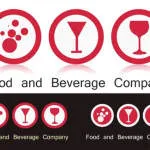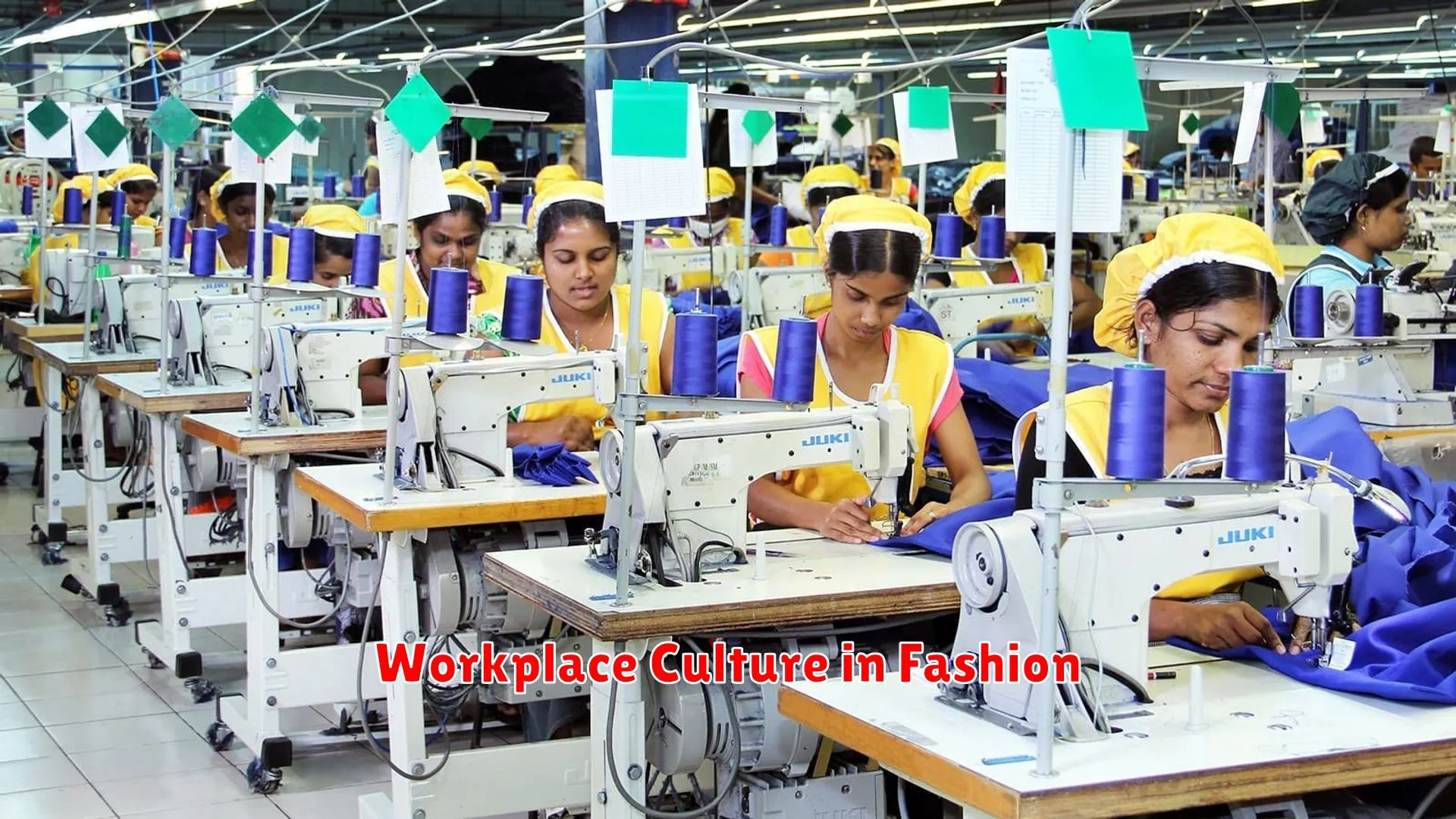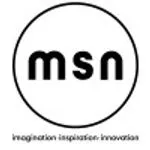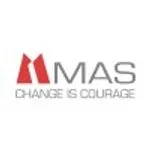
Explore the diverse and exciting career opportunities in Sri Lanka’s thriving fashion and apparel industry, from design and manufacturing to marketing and retail. Discover how this dynamic sector is shaping the country’s economy and making a mark on the global fashion scene.
Fashion Industry Landscape
In Sri Lanka, the fashion industry has witnessed significant growth and development in recent years, making it a promising sector for individuals seeking careers in fashion and apparel. The industry landscape in the country is vibrant and diverse, offering a range of opportunities for professionals in various areas of the fashion business.
One key aspect of the fashion industry landscape in Sri Lanka is the presence of a strong manufacturing sector. The country is known for its skilled workforce and advanced production facilities, making it a hub for garment production and export. This has led to the establishment of numerous fashion and apparel companies, creating a supportive ecosystem for individuals looking to build a career in the industry.
Moreover, Sri Lanka has also positioned itself as a sustainable and ethical fashion destination. Many local brands and manufacturers prioritize eco-friendly practices and ethical standards in their production processes. This emphasis on sustainability not only appeals to environmentally conscious consumers but also provides career opportunities for individuals interested in sustainable fashion.
Additionally, the fashion industry in Sri Lanka is increasingly embracing technology and digital trends. With the rise of e-commerce and online platforms, there is a growing demand for professionals with skills in digital marketing, e-commerce management, and social media engagement. This shift towards digitalization has created new avenues for careers in areas such as online retail, influencer marketing, and e-commerce development.
Overall, the fashion industry landscape in Sri Lanka presents a dynamic and evolving environment for individuals looking to pursue careers in fashion and apparel. With opportunities spanning from manufacturing to sustainability and digital innovation, the industry offers a diverse range of paths for aspiring professionals to explore and thrive.
Career Opportunities in Fashion

The fashion and apparel industry in Sri Lanka offers a plethora of exciting career pathways for individuals passionate about style, design, and creativity. As one of the fastest-growing sectors in the country, there are diverse opportunities for aspiring fashion professionals to thrive and make their mark in the industry. From fashion design to merchandising, marketing, and beyond, here are some key career avenues within Sri Lanka’s vibrant fashion scene:
Fashion Design
Pursuing a career in fashion design allows individuals to unleash their creativity and bring innovative ideas to life. Designers have the opportunity to conceptualize and create clothing and accessories that resonate with audiences locally and globally. In Sri Lanka, there is a demand for skilled fashion designers who can blend traditional elements with contemporary trends.
Fashion Merchandising
Fashion merchandisers play a crucial role in bridging the gap between design and consumer demand. These professionals are responsible for selecting, ordering, and promoting fashion products to ensure they meet market needs. A career in fashion merchandising requires a keen understanding of industry trends and consumer behavior.
Fashion Marketing and Public Relations
Marketing and public relations professionals in the fashion industry are tasked with promoting brands, managing campaigns, and enhancing brand visibility. Individuals in these roles need to have a strong grasp of market dynamics, consumer preferences, and effective communication strategies to drive brand success.
Retail Management
Retail managers in the fashion sector oversee day-to-day operations of stores, manage inventory, and ensure a seamless shopping experience for customers. Strong organizational skills, customer service acumen, and a passion for fashion are essential for success in this career path.
The diverse career opportunities in fashion within Sri Lanka’s dynamic industry cater to a wide range of interests and skill sets. Whether individuals aspire to be the next renowned fashion designer, trendsetting merchandiser, savvy marketer, or effective retail manager, the fashion and apparel sector in Sri Lanka presents a vibrant landscape for growth and fulfillment.
Skills Required in the Fashion Sector
Working in Sri Lanka’s Fashion and Apparel Industry requires a specific set of skills to succeed in this competitive and dynamic field. To thrive in the fashion sector, individuals need to possess a combination of creativity, technical expertise, and business acumen.
Creative Skills
Creativity is the cornerstone of the fashion industry. Professionals need to have a keen eye for design, trends, color, and form. They must be able to envision unique concepts and translate them into tangible products that resonate with consumers. Being innovative and thinking outside the box is a vital skill in this creative field.
Technical Skills
Professionals in the fashion sector should also have technical skills to bring their creative ideas to life. This includes proficiency in pattern making, sewing, garment construction, and understanding textiles. Knowledge of garment production processes and technologies is essential to ensure quality and precision in every design.
Business Acumen
Another critical skill for success in the fashion industry is business acumen. Professionals need to understand market trends, consumer behavior, and branding strategies. Strong communication, marketing, and negotiation skills are crucial for building successful partnerships, managing teams, and driving sales.
Adaptability and Resilience
In such a fast-paced industry, adaptability and resilience are key traits. Fashion trends can change rapidly, and professionals need to be able to pivot quickly and stay ahead of the curve. The ability to handle pressure, overcome challenges, and learn from setbacks is essential for long-term success.
Collaboration and Networking
Collaboration and networking skills are vital in the fashion sector. Building relationships with suppliers, manufacturers, retailers, and fellow industry professionals is crucial for creating a strong support system and fostering opportunities for growth and collaboration.
Finding Jobs in Fashion and Apparel

For those looking to kickstart their career in Sri Lanka’s vibrant fashion and apparel industry, there are various avenues to explore. With the sector’s continual growth and evolution, opportunities for employment abound across different segments.
1. Professional Networking
Building a strong network is essential in the fashion and apparel industry. Attend industry events, fashion shows, and workshops to connect with professionals and potential employers. Platforms like LinkedIn can also be valuable for networking and job searching.
2. Industry Specific Job Portals
Many companies in the fashion and apparel sector advertise job openings on industry-specific portals. Keep an eye on websites dedicated to fashion and apparel jobs in Sri Lanka for the latest opportunities.
3. Internships and Apprenticeships
Internships and apprenticeships provide valuable hands-on experience and are often a pathway to securing a full-time position in the industry. Look out for internship programs offered by fashion houses, textile manufacturers, and design studios.
4. Skill Development
Enhancing your skill set is crucial in a competitive field like fashion and apparel. Consider pursuing relevant courses or certifications to upgrade your expertise. Specializations in areas such as design, merchandising, and sustainable fashion can boost your employability.
5. Keep Abreast of Industry Trends
Stay informed about the latest trends, technologies, and practices shaping the fashion and apparel industry. Employers value candidates who demonstrate a strong understanding of current market dynamics and consumer preferences.
6. Tailor Your Application
When applying for jobs, tailor your resume and cover letter to highlight your relevant skills and experiences. Showcasing your passion for fashion and a keen eye for detail can make your application stand out to potential employers.
Interviewing for Fashion Industry Jobs
When it comes to pursuing a career in the fashion and apparel industry in Sri Lanka, mastering the art of interviewing is crucial for landing your dream job. Interviews in the fashion industry can be unique and challenging, requiring a blend of creativity, professionalism, and industry knowledge.
Here are some key tips to help you ace your interviews for fashion industry jobs:
- Research the Company: Before your interview, take the time to research the company’s background, mission, and recent projects. Understanding the company’s values and aesthetic will demonstrate your genuine interest and preparedness.
- Showcase Your Creativity: The fashion industry values creative individuals who can think outside the box. Be ready to discuss your portfolio, projects you’ve worked on, and any innovative ideas you may have for the company.
- Dress the Part: Dressing appropriately for your fashion industry interview is essential. Choose an outfit that reflects your personal style while still being professional and aligned with the company’s aesthetic.
- Highlight Your Industry Knowledge: Stay informed about current fashion trends, industry developments, and key players in the Sri Lankan fashion scene. Being well-versed in the industry will demonstrate your passion and commitment.
- Practice Interview Questions: Prepare for common interview questions and practice articulating your experiences and skills. Be ready to discuss your strengths, weaknesses, and how you handle challenges in a fast-paced industry.
- Ask Thoughtful Questions: Show your enthusiasm and curiosity by asking thoughtful questions about the company culture, future projects, and opportunities for growth. Engaging in a dialogue will demonstrate your interest in the role.
By mastering the art of interviewing and showcasing your passion for the fashion industry, you can position yourself as a strong candidate for jobs in Sri Lanka’s dynamic fashion and apparel sector.
Workplace Culture in Fashion

Workplace culture in the fashion industry in Sri Lanka is vibrant and dynamic, reflecting the creativity and innovation that drive this sector. Fashion companies in Sri Lanka generally foster a collaborative environment where teamwork is highly valued. This encourages employees to brainstorm ideas, share insights, and work together to achieve common goals.
Diversity is another key aspect of workplace culture in the fashion and apparel industry in Sri Lanka. Companies in this sector often embrace diversity and inclusivity, promoting a supportive and inclusive environment for employees from various backgrounds. This diversity not only fosters creativity but also contributes to a richer and more dynamic work environment.
Creativity is at the heart of workplace culture in the fashion industry. Employees are encouraged to think outside the box, experiment with new ideas, and push the boundaries of traditional fashion norms. This culture of creativity and innovation helps in keeping the industry fresh and relevant in a highly competitive market.
Professional development is highly prioritized in the workplace culture of the fashion and apparel industry in Sri Lanka. Companies often provide opportunities for employees to enhance their skills, attend workshops, and engage in continuous learning. This culture of investing in employees’ growth not only benefits the individual but also contributes to the overall success of the company.
Conclusion
In conclusion, pursuing a career in Sri Lanka’s fashion and apparel industry offers diverse opportunities for growth and creativity in a dynamic and evolving market.
















